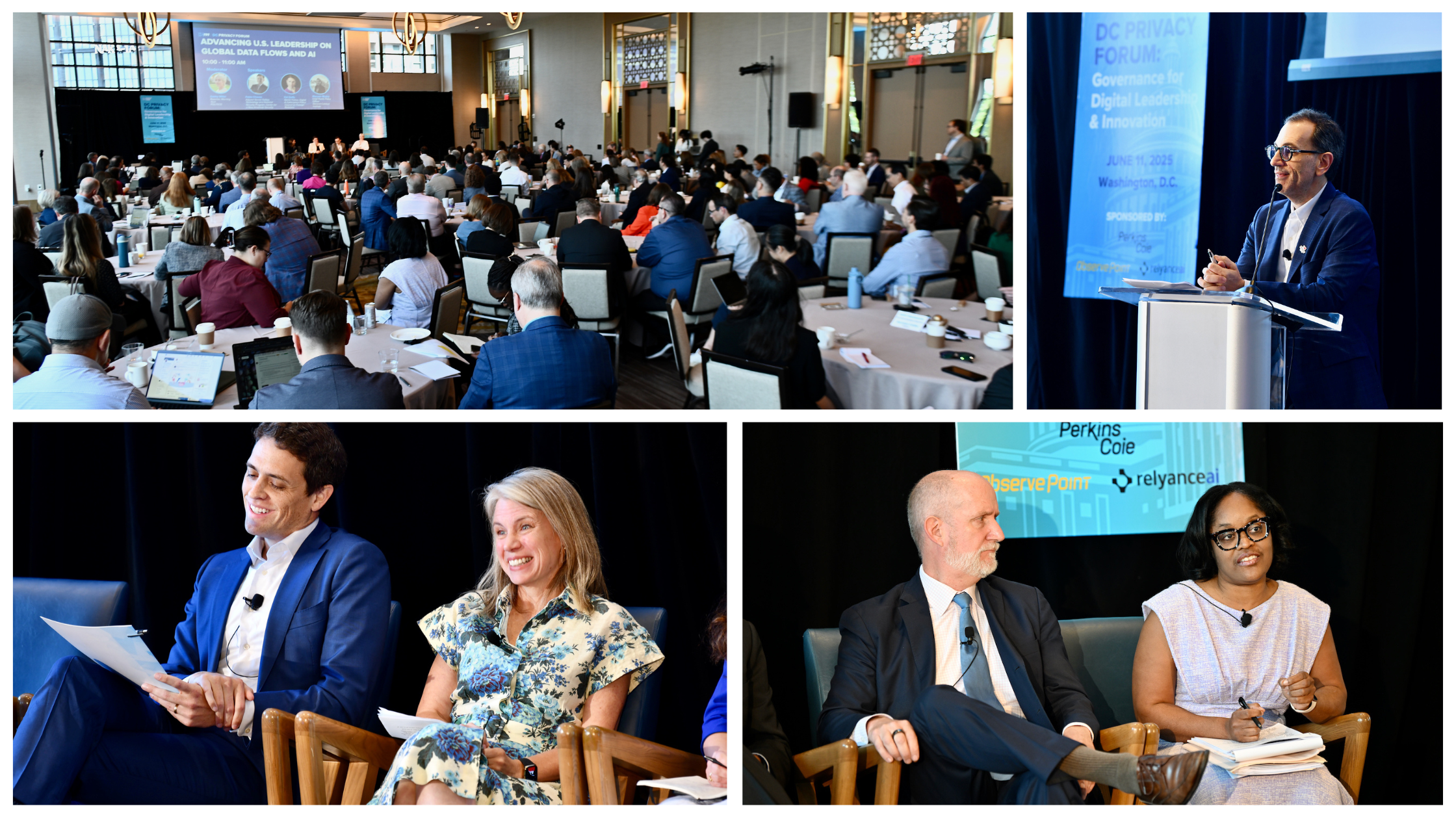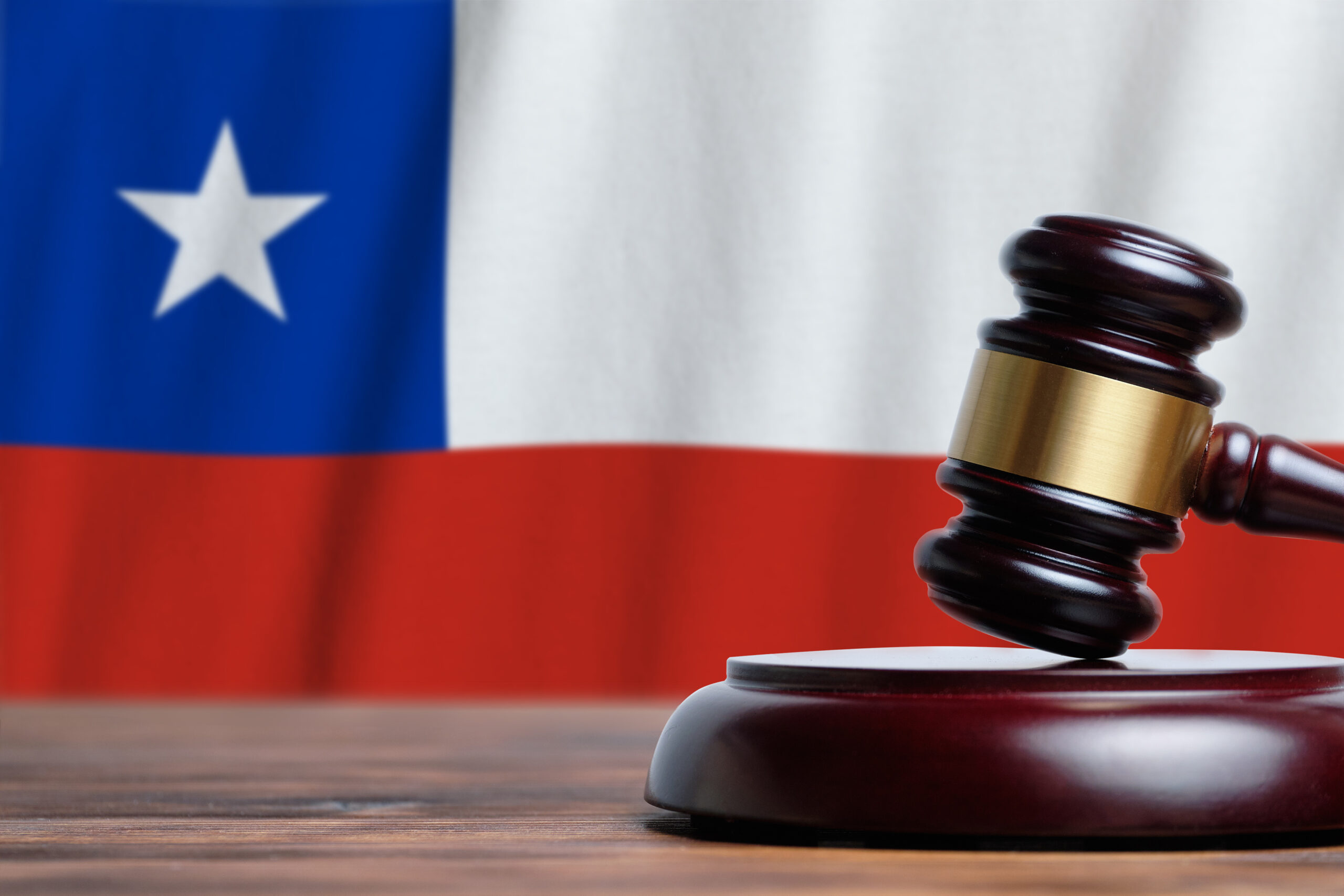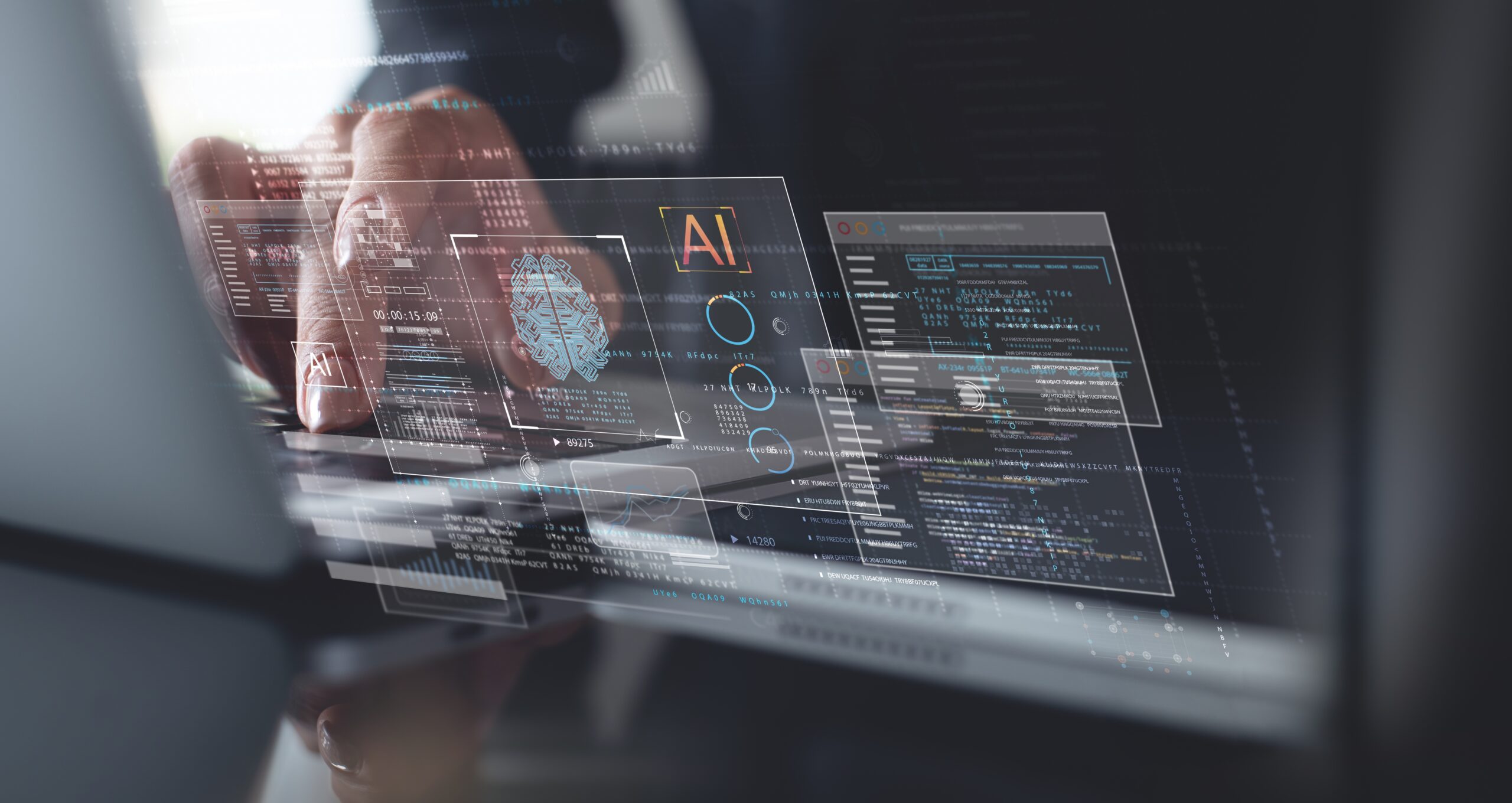Showing results for aug2024 20age message 27access denied message 20age aug2024 20age message 27access message 20age

Annual DC Privacy Forum: Convening Top Voices in Governance in the Digital Age
[…] FPF CEO Jules Polonetsky began the day by delivering opening remarks emphasizing the importance of cross-sector collaboration among senior leaders in privacy, AI, and digital governance. His message was clear: supporting valuable, societal uses of data requires voices from across industries and sectors working together. After welcoming the audience, Polonetsky turned to the opening […]

FPF Publishes Infographic, Readiness Checklist To Support Schools Responding to Deepfakes
[…] text, image, and audio – and the varied risks and considerations posed by each in a school setting, from the potential for fabricated phone calls and voice messages impersonating teachers to sharing forged, non-consensual intimate imagery (NCII). “Deepfakes create complicated ethical and security challenges for K-12 schools that will only grow as the technology […]

Chile’s New Data Protection Law: Context, Overview, and Key Takeaways
On August 26, 2024, the Chilean Congress approved Law 21.719, on the Protection of Personal Data (“LPPD”) after eight years of legislative debate. The legislation was published on December 13, 2024, and will become fully effective twenty-four months after that date (in December 2026). The LPPD was introduced in the Senate in 2017 to replace […]

5 Ways to Be a Top Dog in Data Privacy
[…] it’s important to honor when someone chooses to keep information non-public when they share it in closed or private settings. Don’t screenshot or reshare private stories or messages from others. 4. Review all social media settings Many social media sites include options on how to tailor your privacy settings to limit how data is […]

What to Expect in Global Privacy in 2025
Next year, in 2026, we will celebrate a decade after the adoption of the GDPR, a law with an unprecedented regulatory impact around the world, from California to Brazil, across the African continent, to India, to China, and everywhere in between. The field of data protection and privacy has become undeniably global, with GDPR-inspired laws […]

Privacy Roundup from Summer Developer Conference Season 2024
[…] tool for generating images in a restricted set of styles that is available system-wide and accessible anywhere that an image could serve as a valid input, including Messages. Apple also introduced on-device, system-wide, text tools for language, including proofreading, rewriting, and summarizing text. On-device photo and video editing and curation tools round out their […]

A First for AI: A Close Look at The Colorado AI Act
Colorado made history on May 17, 2024 when Governor Polis signed into law the Colorado Artificial Intelligence Act (“CAIA”), the first law in the United States to comprehensively regulate the development and deployment of high-risk artificial intelligence (“AI”) systems. The law will come into effect on February 1, 2026, preceding the March, 2026 effective date […]

Manipulative and Deceptive Design: New Challenges in Immersive Environments
[…] Altering or editing elements of the physical world with digital content in order to change a user’s perception in a harmful way. Superimposing a brand, logo, or message onto a person, physical object, or location without consent. Pushing users towards certain physical locations that might be in the designer’s best interest but not necessarily […]

The Old Line State Does Something New on Privacy
On April 6, the Maryland Senate concurred with House amendments to SB 541, the Maryland Online Data Privacy Act (MODPA), sending the bill to Governor Moore for signature. If enacted, MODPA could be a paradigm-shifting addition to the state privacy law landscape. While recent state comprehensive privacy laws generally have added to the existing landscape […]

China’s Interim Measures for the Management of Generative AI Services: A Comparison Between the Final and Draft Versions of the Text
[…] defined as entities that offer online content dissemination services, while users are individuals who engage with online content services and may express their opinions through posts, replies, messages, or pop-ups. This allocation of responsibility as online information content producers under the Measures can be contrasted with the position under the draft Measures, which referred […]
